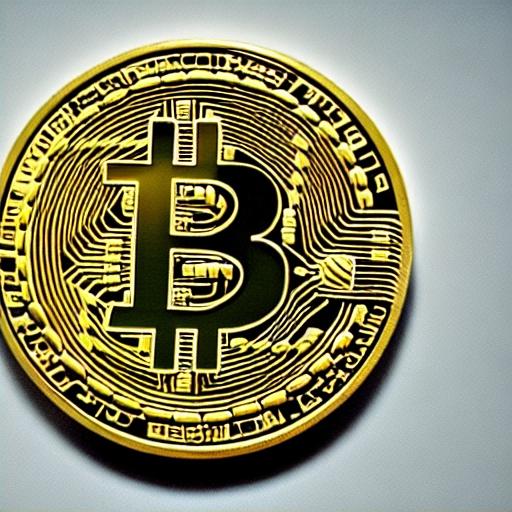Bitcoin, the revolutionary digital currency, has captured the attention of investors, technologists, and everyday individuals alike. Introduced in 2009 by an anonymous creator using the pseudonym Satoshi Nakamoto, Bitcoin is decentralized and operates on the principle of a peer-to-peer electronic cash system. But what exactly is the concept behind this groundbreaking currency?
At its core, Bitcoin is a decentralized digital currency that enables instant peer-to-peer transactions without the need for intermediaries such as banks or governments. It operates on a technology called blockchain, which is a distributed ledger that records all transactions across a network of computers. This decentralized nature ensures security, transparency, and immutability, making it virtually tamper-proof.
Unlike traditional fiat currencies (like the US dollar or the euro), Bitcoin is not issued or regulated by any central authority. Instead, it is created through a process called mining. Miners use powerful computers to solve complex mathematical problems and validate transactions on the Bitcoin network. In return for their computational efforts, miners are rewarded with newly minted Bitcoins, which adds to the overall supply of the currency.
Another significant aspect of Bitcoin is its limited supply. There will only ever be 21 million Bitcoins in existence, ensuring scarcity and protecting against inflation. The scarcity of Bitcoin serves as a form of digital gold, making it a desirable asset for individuals seeking protection against traditional economic uncertainty.
One of the primary motivations behind the creation of Bitcoin was to allow users to regain control over their money and eliminate the need for trust in financial transactions. Bitcoin transactions do not require personal information, relying solely on public keys and private keys for authentication. This anonymity provides users with privacy and security, reducing the risk of identity theft and fraud.
The concept of Bitcoin has revolutionized the financial landscape, sparking a wave of innovation and disrupting traditional payment systems. It has paved the way for a new era of digital currencies and has inspired the development of thousands of alternative cryptocurrencies, collectively referred to as altcoins.

Furthermore, Bitcoin has the potential to bring financial services to the unbanked or underbanked populations around the world. With access to the internet, anyone can participate in the Bitcoin network, regardless of their location or socioeconomic status. This inclusivity has the power to empower individuals and communities, providing them with previously inaccessible financial opportunities.
As with any emerging technology, Bitcoin also faces its fair share of challenges. Its volatility is a primary concern, as the price of Bitcoin can fluctuate dramatically in short periods. Additionally, there are concerns about the energy consumption associated with Bitcoin mining, as the computational power required to validate transactions is significant.
Nevertheless, the concept behind Bitcoin has proven to be transformative, igniting a global conversation about the future of money and financial systems. Governments, corporations, and individuals are now actively exploring and adapting to the potential implications of this revolutionary digital currency.
